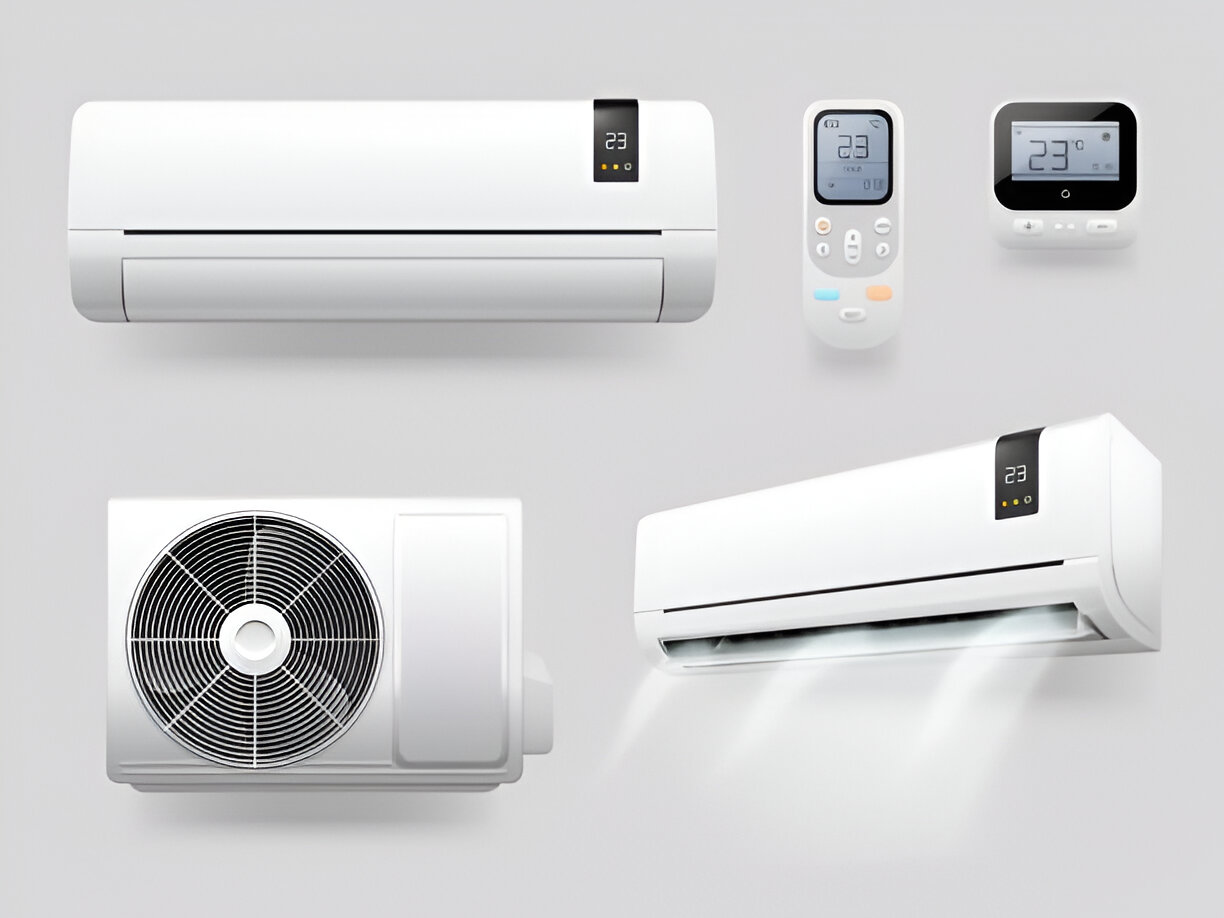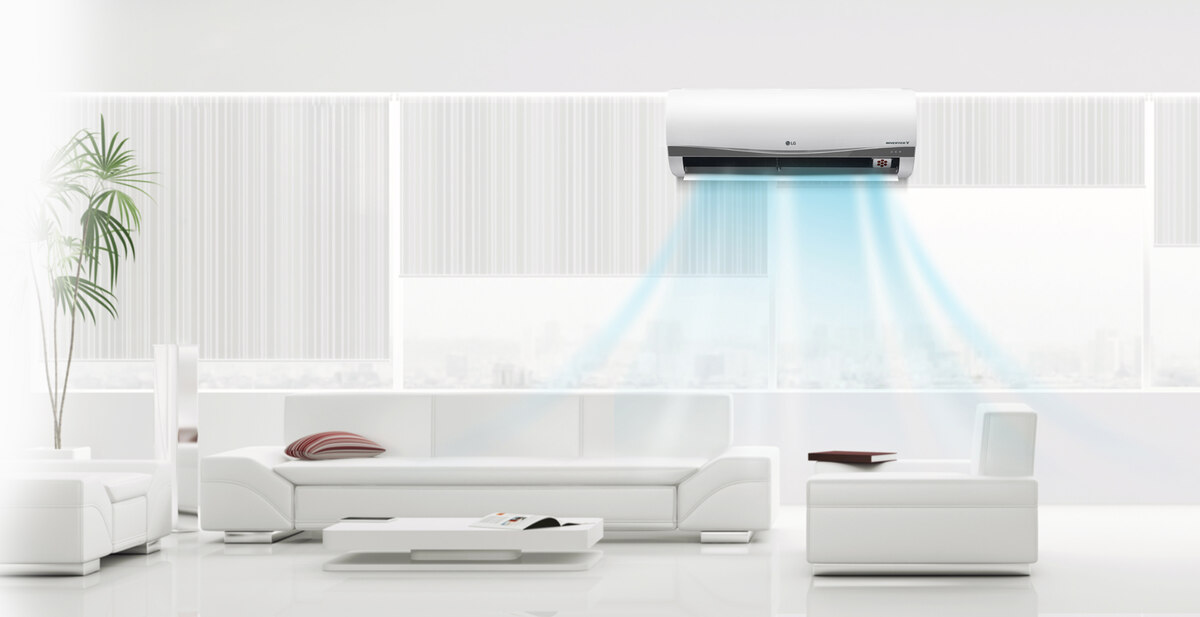What Could Be Causing Your AC’s Cooling Problem?
Air conditioning systems are essential for maintaining comfort in homes, especially during the hot summer months. When your AC unit starts having cooling problems, it can be both frustrating and uncomfortable. Understanding the potential causes of these issues can help you address them more effectively and ensure that your home remains cool and comfortable.
Types and Categories
There are several types of air conditioning systems, each with its own set of characteristics and potential problems:
Central Air Conditioning Systems
Central air conditioning systems are commonly used in larger homes and buildings. They use a network of ducts to distribute cool air throughout the space. These systems are efficient but can be complex to diagnose and repair.
Ductless Mini-Split Systems
Ductless mini-split systems are ideal for homes without ductwork. They consist of an outdoor unit and one or more indoor units. They are versatile and can be used to cool individual rooms or zones.
Window Units
Window units are compact and easy to install. They are typically used to cool single rooms and are a cost-effective option for smaller spaces.
Portable Units
Portable air conditioning units can be moved from room to room as needed. They are convenient but may not be as efficient as other types of AC systems.
Symptoms and Signs
Identifying the symptoms of a malfunctioning AC unit is the first step in diagnosing the problem:
Reduced Airflow
If you notice that the airflow from your vents has decreased, it could be due to a blockage or an issue with the fan.
Warm Air Coming from Vents
Warm air instead of cool air could indicate a problem with the refrigerant levels or the compressor.
Frequent Cycling
If your AC unit is turning on and off more frequently than usual, it may be struggling to maintain the set temperature, possibly due to a thermostat issue or a refrigerant leak.
High Humidity Levels
Air conditioners are also responsible for dehumidifying the air. If your home feels more humid than usual, it could be a sign of an AC problem.
Water Leaks
Water pooling around your AC unit can indicate a clogged condensate drain or a refrigerant leak.
Unusual Noises
Strange noises, such as grinding, squealing, or banging, can signal mechanical issues within the unit.
Bad Odors
Foul smells coming from your AC can be due to mold growth or a burnt-out wire.
Causes and Risk Factors
Several factors can contribute to your AC’s cooling problems:
Dirty or Clogged Filters
Filters that are not regularly cleaned or replaced can become clogged, restricting airflow and reducing efficiency.
Thermostat Issues
A malfunctioning thermostat can lead to incorrect temperature readings and improper cooling.
Refrigerant Leaks
Low refrigerant levels can prevent your AC from cooling effectively and may indicate a leak.
Frozen Evaporator Coils
When evaporator coils freeze, they can block airflow and cause the system to malfunction.
Dirty Condenser Coils
Condenser coils that are covered in dirt and debris can’t effectively release heat, causing the AC to work harder.
Fan Problems
Issues with the fan can prevent proper air circulation, leading to cooling problems.
Leaking Ducts
Leaks in the ductwork can cause cool air to escape, reducing the efficiency of your system.
Aging System
Older AC units can become less efficient and more prone to breakdowns.
Incorrectly Sized System
An AC unit that is too large or too small for your home can lead to inefficiency and frequent cycling.
Electrical Issues
Problems with the electrical components of your AC can cause it to malfunction.
Diagnosis and Tests
Proper diagnosis is crucial for identifying the exact cause of your AC’s cooling problem:
Visual Inspection
A thorough visual inspection can reveal obvious issues, such as dirt buildup or visible damage.
Checking the Thermostat
Ensure that the thermostat is set correctly and is functioning properly.
Inspecting Filters
Check and replace dirty or clogged filters to improve airflow.
Examining Ductwork
Inspect the ductwork for leaks or blockages.
Refrigerant Level Check
Have a professional check the refrigerant levels and look for any leaks.
Electrical Component Testing
Test the electrical components, such as capacitors and contactors, for any signs of wear or damage.
Treatment Options
Once the problem is diagnosed, there are several treatment options available:
Regular Maintenance and Cleaning
Regular maintenance can prevent many common issues and keep your system running smoothly.
Filter Replacement
Replacing old or dirty filters can improve airflow and efficiency.
Thermostat Calibration or Replacement
Calibrating or replacing a faulty thermostat can ensure accurate temperature control.
Repairing Leaks
Repairing any refrigerant or duct leaks can restore proper cooling function.
Coil Cleaning
Cleaning the evaporator and condenser coils can improve efficiency and performance.
Fan Motor Repair or Replacement
Repairing or replacing a malfunctioning fan motor can improve airflow and cooling.
Duct Sealing
Sealing any leaks in the ductwork can prevent cool air from escaping.
System Replacement
In some cases, replacing an old or inefficient AC unit may be the best option.
Preventive Measures
Taking preventive measures can help you avoid many common AC problems:
Schedule Regular Maintenance
Regular maintenance by a professional can catch and address issues early.
Replace Filters Regularly
Replacing filters every 1-3 months can maintain proper airflow and efficiency.
Keep the Area Around the Unit Clean
Clear any debris or vegetation around the outdoor unit to ensure proper airflow.
Use a Programmable Thermostat
A programmable thermostat can help maintain consistent temperatures and reduce strain on your system.
Monitor Energy Bills
An unexpected increase in energy bills can be an early sign of an AC problem.
Insulate Your Home
Proper insulation can help maintain indoor temperatures and reduce the workload on your AC.
Personal Stories or Case Studies
Homeowner Experiences with AC Problems
One homeowner shared how their AC stopped cooling effectively during a heatwave. After a thorough inspection, it was discovered that the evaporator coils had frozen due to dirty filters. Regular maintenance could have prevented this issue.
Successful Repairs and Maintenance Stories
Another homeowner successfully restored their AC’s cooling function by replacing the old thermostat with a programmable one. This simple change improved their home’s comfort and reduced energy bills.
Expert Insights
Quotes from HVAC Professionals
“Regular maintenance is key to preventing most AC problems. Simple tasks like replacing filters and cleaning coils can significantly improve your system’s efficiency.” – John Smith, HVAC Technician
Common Advice from Experts
Experts recommend scheduling professional maintenance at least once a year, preferably before the start of the cooling season, to ensure your system is in top shape.
Conclusion
In summary, understanding and addressing the common causes of AC cooling problems can help you maintain a comfortable home environment. Regular maintenance and prompt repairs are essential for keeping your system running efficiently. If you experience any issues, don’t hesitate to seek professional help to ensure your AC unit is functioning optimally. By taking these steps, you can enjoy a cool and comfortable home all year round.


